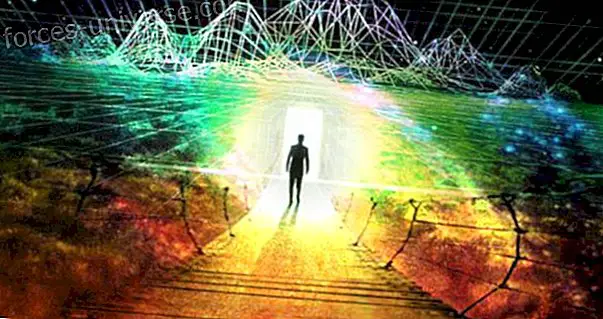
Round Tables for Dialogue are a simple civic and democratic tool to ensure effective communication.
Heiner Benking, a German engineer specialized in cyber technology, successfully implements them in different international meetings. Dedicated during the last 20 years to the development of intercultural educational instruments and to promote networking - especially with the youngest ones -, he explained to N + how these Round Tables of Dialogue propose a simple system but capable of transforming an extensive monopolized public speaking session by a few exhibitors in an open and democratic dialogue space.
The Germans call it Stammtisch, that is, a circle of conversation that guarantees everyone has the floor, and where time, space, expectations and audience define the topic and its duration; Not an agenda preset by a moderator.
How does it work
"The speakers compose the agenda and the time that will be devoted to each topic according to the vote of all, expressed in cards that represent units of time, " said Benking.
Participants receive the same amount of chips that symbolize equal and pre-agreed units of time (instead of chips, stones can be used, for example) that will add up to the total time that the meeting will last; One token per minute and 7 tokens for each participant could be a case.
Each is presented to the group describing in a unit of time the topic they would like to talk about and the card used is located in the center of the table: it symbolizes a time that has already passed. Everyone interacts by giving time sheets to the speaker that most interests them, encouraging them to continue or leave their presentation.
For Benking, “having limited time makes many people aware of what can effectively be expressed in 2 or 3 minutes and discover the relevance of a ping-pong talk where they listen to each other permanently and enrich the participants' speech "
The famous economist and futurologist Hazel Henderson defined this modality as a “social invention”, and Marilyn Wilhelm, educator and author of Education: The Healing Art, as “a form of civilized dialogue, which should be implemented both in schools and in spaces of decision making".
Societies, according to Benking, will rearm looking for their place in the new global paradigm. "Without a doubt, it is a good time to learn to listen to us and this could be one of the ways."
Photo: Courtesy of Heiner Benking
More information:
http://open-forum.de / http://open-forum.de/events/roundtable-outcomes.html






